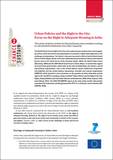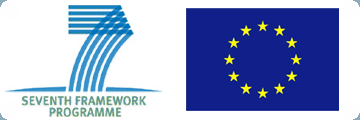|
The past few decades have witnessed an ongoing process of reform in local government systems across the developing world. These have been influenced by parallel processes of citizen pressures for greater influence in governance processes alongside the everpresent influences on governance reform originating from dominant agendas in globally influential policy organisations. Around the world, such political and administrative decentralization processes have been accompanied by varying degrees of engagement with spatialized data and knowledge.
The research in the Chance2Sustain project has provided some insights into the potentials and pitfalls, for both administrators and citizens, associated with enhancing connections between forms of spatialized knowledge and municipal fiscal processes, particularly in the realm of property taxes. So far, our research shows, indeed, that democratic governance structure affects the capabilities of priority inversion of specific participatory institutions.
|
Recent Chance2Sustain Publications |
|
|
|
|
|

